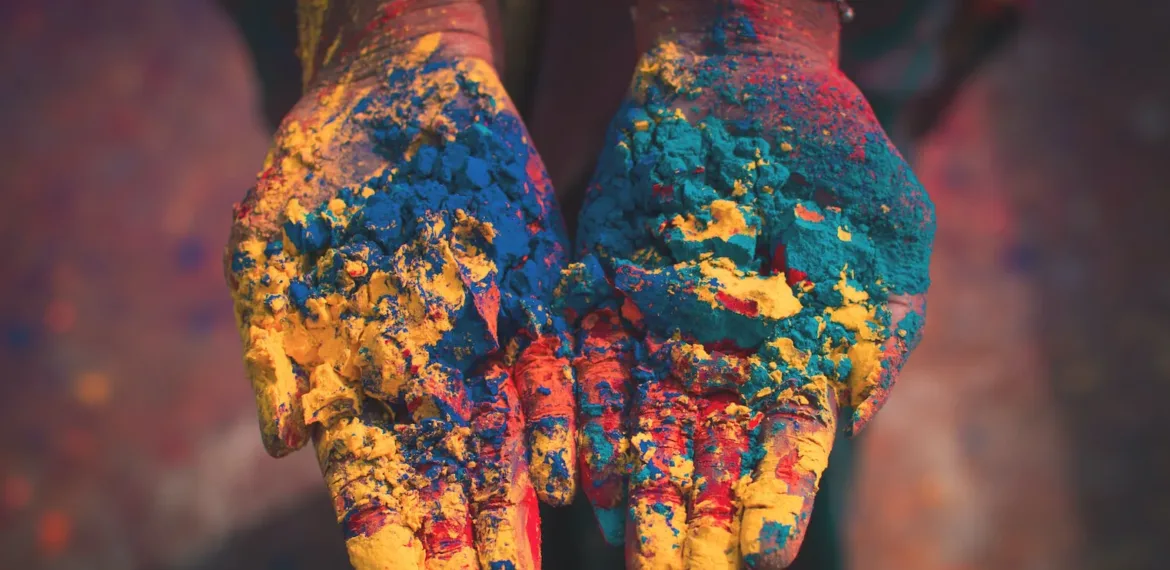“Discover Haiti’s vibrant culture through its rich traditions, unique customs, Creole language, and respectful etiquette for a truly immersive travel experience.”
ROAMOPEDIA
Haiti's Culture
Exploring Haitian Culture: Traditions, Customs, Language, and Etiquette

Related
All related contents.
Related Posts
Haiti’s Pétion-Ville: Where culture meets luxury.
Discover the grandeur of Haiti’s history at Citadelle Laferrière.
Discover Haiti’s history and culture at the Musée du Panthéon National Haïtien in Port-au-Prince.
Discover the vibrant arts and natural beauty of Jacmel, Haiti’s hidden gem.
Discover the charm and history of Cap-Haïtien, Haiti’s northern gem.
Discover the vibrant charm of Port-au-Prince, Haiti’s cultural and historical heart.
Step back in time at Sans Souci Palace, a regal relic of Haiti’s history.
Bassin Bleu: Discover the natural beauty of Haiti’s hidden gem.
Experience the rich culture and talent of Jacmel through the unique artistic expressions at Jacmel Arts Center.
Discover the unspoiled beauty of Haiti at Port-Salut Beach.

Revealing the Magic of Haiti: A Tourist’s Guide
Experience the rich history and taste of Haiti’s finest rum at Barbancourt Rum Distillery in Port-au-Prince.
A symbol of Haiti’s resilience: Notre-Dame de l’Assomption Cathedral with beautiful architecture.
Experience adventure and relaxation at Labadee, Haiti’s premier private beach resort.
Experience the vibrant culture of Haiti at Iron Market in Port-au-Prince.
Explore the rich history and vibrant culture of Les Cayes, Haiti’s lively port city.
Discover Haiti’s rich history at Ogier-Fombrun Museum in Montrouis.
Related
Related contents and articles.
Related Posts
- Print
- Share
- +-Font Size